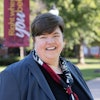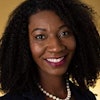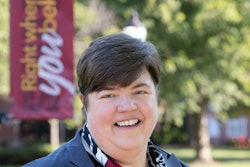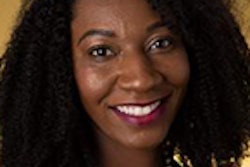Are historically Black colleges and universities still a viable enterprise? Of course, and more than ever, HBCU presidents past and present said at a presidential panel at Bowie State University on Thursday afternoon. Such a question detracts from the real question, which is how to bring them along in the 21st century with the greatest amount of success.
The panel, moderated by Diverse Executive Editor David Pluviose, considered key issues facing HBCUs and the best means of addressing them. All present on the panel agreed that the HBCU community is encumbered with great stresses and trials. But their necessity, according to Dr. Mary Evans Sias, retired president of Kentucky State University, is perhaps greater today than it ever was.
“When we are talking about what we do as a group, we are talking about a group of institutions that have produced a lot of people who make a difference in this country,” Sias said.
The numbers speak for themselves. Although HBCUs only represent 3 percent of the institutions of higher education in the nation, they graduate 1 in 5 of all African Americans with bachelor’s degrees, create 1 in 3 of all African Americans holding degrees in the natural sciences, half of the African American public school teachers, and nearly three quarters of the African American dentists and physicians in the country. The list goes on.
“If we weren’t doing (our work), how many people of color would you see in those professions?” Sias said.
In recent years, HBCUs have struggled with a serious loss of state and federal funding – when eligibility requirements for the Parent PLUS loans were tightened, HBCUs felt the pain acutely. But HBCUs one panelist was confident that HBCUs have turned a corner from those bleak days. President Obama and his administration have demonstrated their support, said Dr. George E. Cooper, executive director of the White House Initiative on HBCUs and former president of South Carolina State University.
“What I’ve heard President Obama say is that HBCUs must not only survive, they must thrive, in these times,” he said.














